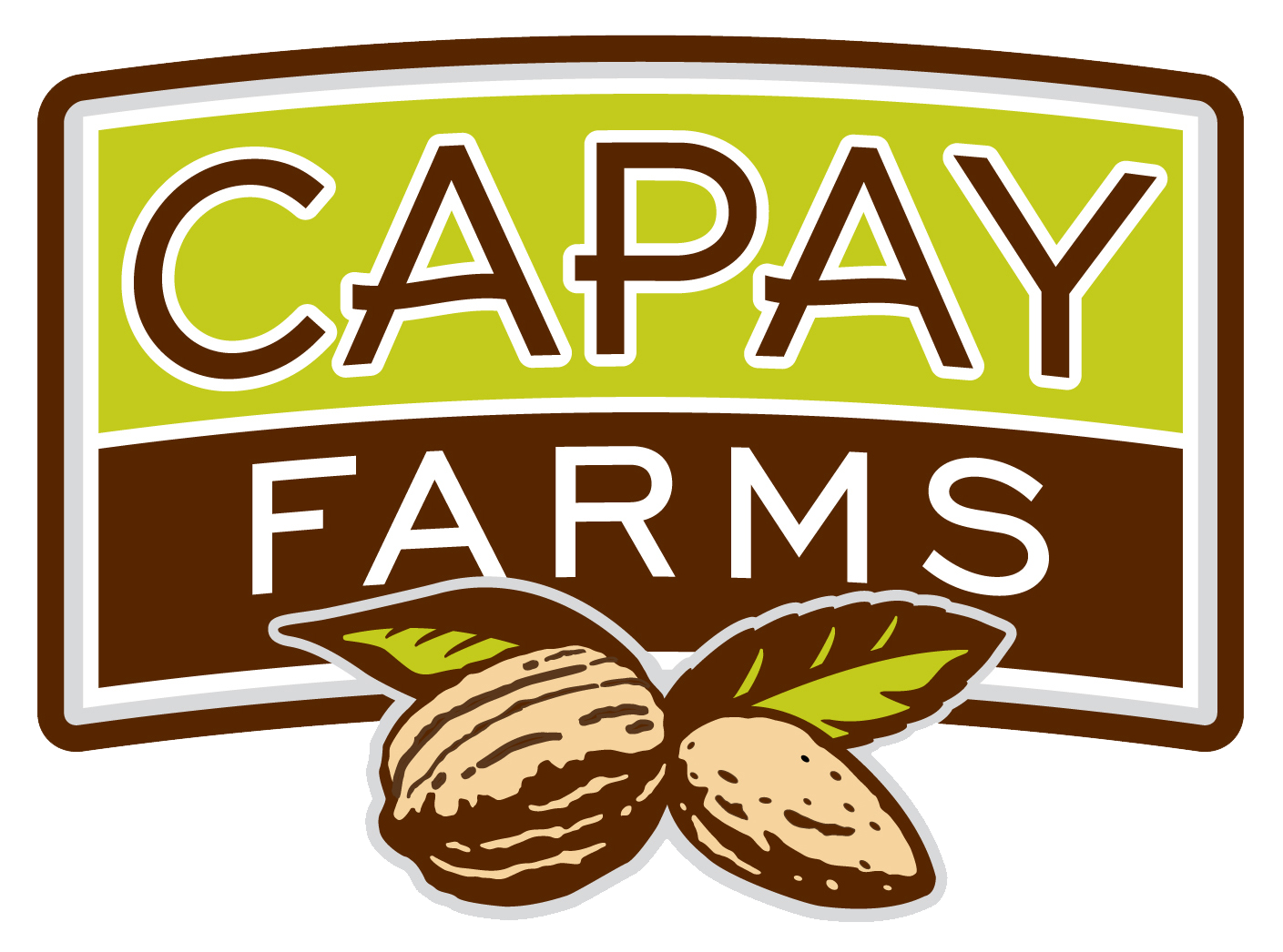Climate Smart Farming & Biodiversity
Compared to other fruit and nut orchards grown in California, almond trees store one of the highest amounts of carbon per acre.
Almond trees store 18 metric tons of carbon per acre annually and have a relatively low carbon footprint, compared to other foods like meat, rice, tofu, milk, oat milk, and tomatoes. A UC Davis life cycle assessment regarding the almond production in California found that carbon capture and the use of co-products offset over 50% of almonds carbon footprint.
To increase numbers of carbon sequestration on our farms, we are currently laying the groundwork for whole orchard recycling. By adding the biomass back into our soils, we hope to increase soil organic matter, water retention, and eventually cumulative orchard yields. Soil quality has been one of the most talked about topics in almond orchards. Almond orchards are a no-till environment for the entire duration of being in the ground, which is on average a 20-35 lifespan. Adding compost to our soils is a pivotal practice that both improves overall soil health and carbon sequestration.
Over the past 5 years, we have actively planted various cover crops throughout our orchards to assist with our pest management strategies, enhancing insect biodiversity, and soil health.
In addition, we are proud to be Bee Friendly Farmer certified through the Pollinator Partnership with Blue Diamond. Both the utilization of cover crop and water buckets, have encouraged bee biodiversity as well as significantly improve fruit set through orchard pollination. California almond orchards are honeybees’ first natural food source of the year, which puts the onus on our farms to ensure that we provide a safe environment for bees. Almond pollen has nutritional value for honeybees containing all 10 amino acids their diets require, and the nectar contains a naturally occurring compound, amygdalin, which reduces the viruses and gut parasites that kill bees.
We are proud of our almond and walnut cultural practices that are low-carbon, low-waste, and water efficient.
Practices like whole orchard recycling, cover crops, and bee friendly farming help create regenerative systems that build biodiversity across the state. Capay Farms strives to illuminate the intersection between the consumer needs for sustainable practices and the California almond industry standards for continuous improvements in farming management. We are here to keep almonds a versatile and sustainable ingredient choice for consumers and food manufactures.
2024 California Almond Industry Consensus Studies: In a Nutshell
New Carbon Footprint Factsheet
Presented by California Almond Board
While carbon capture is an important sustainability metric, it can also be wise to look at the carbon emitted by growing almonds. From the installation of pipes for irrigation use, to the fertilization for nutritional optimization, to running farm equipment heavily used at harvest.
Natures Carbon Sink
This lifecycle assessment of California almond production shows that almond trees’ ability to capture carbon and the use of coproducts offset more that 50% of almonds carbon footprint.
With continued industry improvements for production and major policy changes, almond farming can become carbon neutral and even carbon negative.
Nutrition Benefits of Almonds
When compared ounce for ounce, almonds are the tree nut highest in fiber, calcium, vitamin E, riboflavin, and niacin. Almonds are also among the highest in protein and among the lowest in calories making them the most efficient way to consume essential nutrients.
Consuming almonds can promote heart health, exercise recovery, weight management, skin health, and healthy blood sugar levels.







